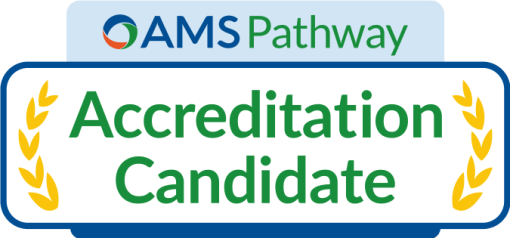“Everything has a domino effect,” I always tell my students.
When students move too quickly from one task to another in the classroom, there is an apparent disparity between the quantity and quality of work completed. Instead of embracing each other’s strengths, students often get carried away in competition with others’ creativity. This rush causes some students to make
mistakes, resulting in a loss of confidence.
I recently observed a student working to solve a long-division problem in my classroom. I noticed he was working at a rushed pace, eager to check his work so that he could move ahead to the next activity in his lesson plan. However, each time he checked his work, the answer was wrong. This was his third attempt.
The following school day, he returned refreshed and ready to conquer the problem. He took a deep breath and began setting up the equation using the hands-on Montessori math materials. He placed the beads in the cups, set up his board, and began distributing the beads evenly.
He carefully recorded each step in his notebook. He kept going until he reached the last step. Through this process, he realized the errors that he had made the previous day. It was an ah-ha moment!
We talked about his work and what was different from the day before. As our conversation progressed, he mentioned that he was in a hurry to finish. Also, while working, he was thinking more about his new video game. We determined that he was working in a hurry and distracted. This is a clear example of a domino effect at work: rushing through one process while thinking about another limited his ability to fully concentrate on the task at hand.
Trying to do everything in life can be exhausting. Slowing down (physically and mentally) and enjoying the process will result in a far more satisfying outcome.
Slowing down and reflecting on what we’ve done and what has worked can help us ask more questions, investigate root causes, and listen to each other. This can further assist us to find real solutions, make significant changes, feel better about our work/school and deliver long-term results.
About the author
Elisa was born in India and came to the United States with her family in the late ’90s. She joined the Montessori Teachers Team at MHFC in 2018 and is married to her supportive husband, and together, they have a teenage daughter. Elisa completed high school in Oklahoma City and earned a Bachelor of Art in Educational Studies, emphasizing Interdisciplinary Studies. After many years of dedicated services in the education community, she decided to pursue her Montessori Teachers Credential. She earned her Elementary 6 – 12 AMS Credential from the Gulf Coast Montessori Teacher Education Center. Her combinedexperience in public and Montessori schools helped her define her passion for the Montessori philosophy and methodology.




